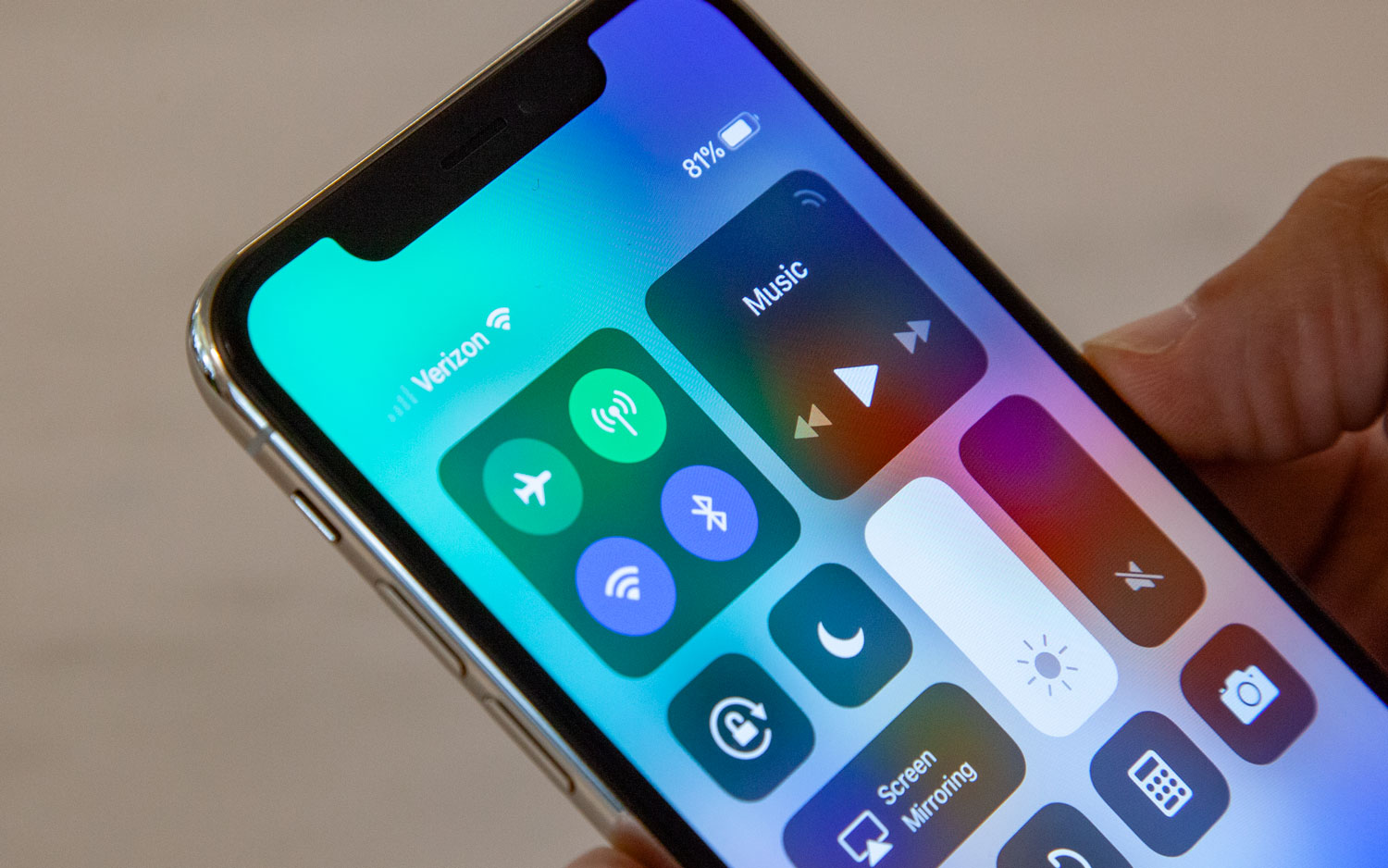Of Course iPhone Apps Spy on You: Here's What to Do About It
It shouldn't be news that iPhone apps spy on you. That's how they make money. Fortunately, there are a few things you can do about it.
The Wall Street Journal and the Washington Post both ran breathless exposes in the past week detailing how iPhone apps — horrors! — collect your personal data and send it God-knows-where.

"In a single week, I encountered over 5,400 trackers" on an iPhone, the Post's Geoffrey Fowler wrote.
"Most [iPhone apps] are littered with secret trackers, slurping up your personal data and sending it to more places than you can count," wrote the Journal's Joanna Stern.
MORE: 15 Best Mobile Privacy and Security Apps
To which I say: Duh. This is what third-party smartphone apps do. We Android users are used to this. And many of know better than to rely on Google's assertions that everything is perfect with Android's privacy settings.
Likewise, you shouldn't believe Apple when it tells you it will protect your privacy on an iPhone. It won't. It can't.
Why not? Because you're on a smartphone. James Bond's gadget guy Q couldn't have designed a better surveillance device.
The heart of the problem
Your smartphone always knows where you are, where you're going, what you're reading, what's going on around you, whom you're talking to and what you're saying. It has a broadband internet connection for transmitting all that data to the entire world.
Almost every app you download from the App Store or Google Play store will use those surveillance features to make money. Mostly, the apps will show you ads. But the ads themselves are keeping track of where you are and what you do online. The more the ad brokers know about you, the more they can charge for the ads that pop up on your phone, and the more money the app makers earn.
Last fall, I saw a presentation at a security conference in which a researcher showed how, for about $100, he could locate and track any individual through smartphone ads. He used an Android phone in the demonstration, but the same technique will work on an iPhone.
Google and Apple swear up and down that they screen their app stores to weed out developers who abuse this sort of thing. And they do kick out the most abusive ones — often after those app developers are singled out in the media as abusive.
But Google and Apple can't stop all personal-data collection by third-party ads. App developers need to do this to make money. That's how they can afford to give the apps away, or charge just a few bucks (of which Apple and Google take a big cut) to each user.
What you can do to protect your privacy
So what can you do about this? Well, you can accept that apps will harvest a lot of personal data about you. This entails accepting that your privacy is already gone, as a speaker at a different security conference put it, and that you just haven't realized it.
Or you can try to minimize the exposure, even if you can't entirely eliminate it. You can install only those apps you know you really will use. If there's a choice between a free version and a paid version, choose the paid version of an app — it may be less intrusive, although the Journal's Joanna Stern didn't see any difference. You can also regularly audit the apps you have installed and remove those that you no longer use.
You can also minimize the tracking by turning off features you don't need, such as GPS, Wi-Fi and Bluetooth, when you don't need them. Your phone uses those to figure out where you are, and some retail establishments use Bluetooth and Wi-Fi signals to track shoppers moving through a store or a shopping mall.
Your phone will still be able to get a general sense of your vicinity by noting which cellphone towers you connect to, but that's much less fine-grained that GPS or Wi-Fi-based location tracking.
The nuclear option
If that's not enough, you can eliminate third-party apps altogether. Google's and Apple's own apps will track you, too, but at least you know who's getting the data. You can still access many of your favorite services, such as Facebook or Amazon, through the mobile browsers that come with each device.
Or you can ditch the smartphone altogether and get a feature phone with the most basic calling, texting, calendar and maybe email functions. I've met security researchers who do this (although most use iPhones). Some celebrities have been spotted using feature phones in the past few years too. Maybe they know something we don't.
Sign up to get the BEST of Tom's Guide direct to your inbox.
Get instant access to breaking news, the hottest reviews, great deals and helpful tips.
Paul Wagenseil is a senior editor at Tom's Guide focused on security and privacy. He has also been a dishwasher, fry cook, long-haul driver, code monkey and video editor. He's been rooting around in the information-security space for more than 15 years at FoxNews.com, SecurityNewsDaily, TechNewsDaily and Tom's Guide, has presented talks at the ShmooCon, DerbyCon and BSides Las Vegas hacker conferences, shown up in random TV news spots and even moderated a panel discussion at the CEDIA home-technology conference. You can follow his rants on Twitter at @snd_wagenseil.

